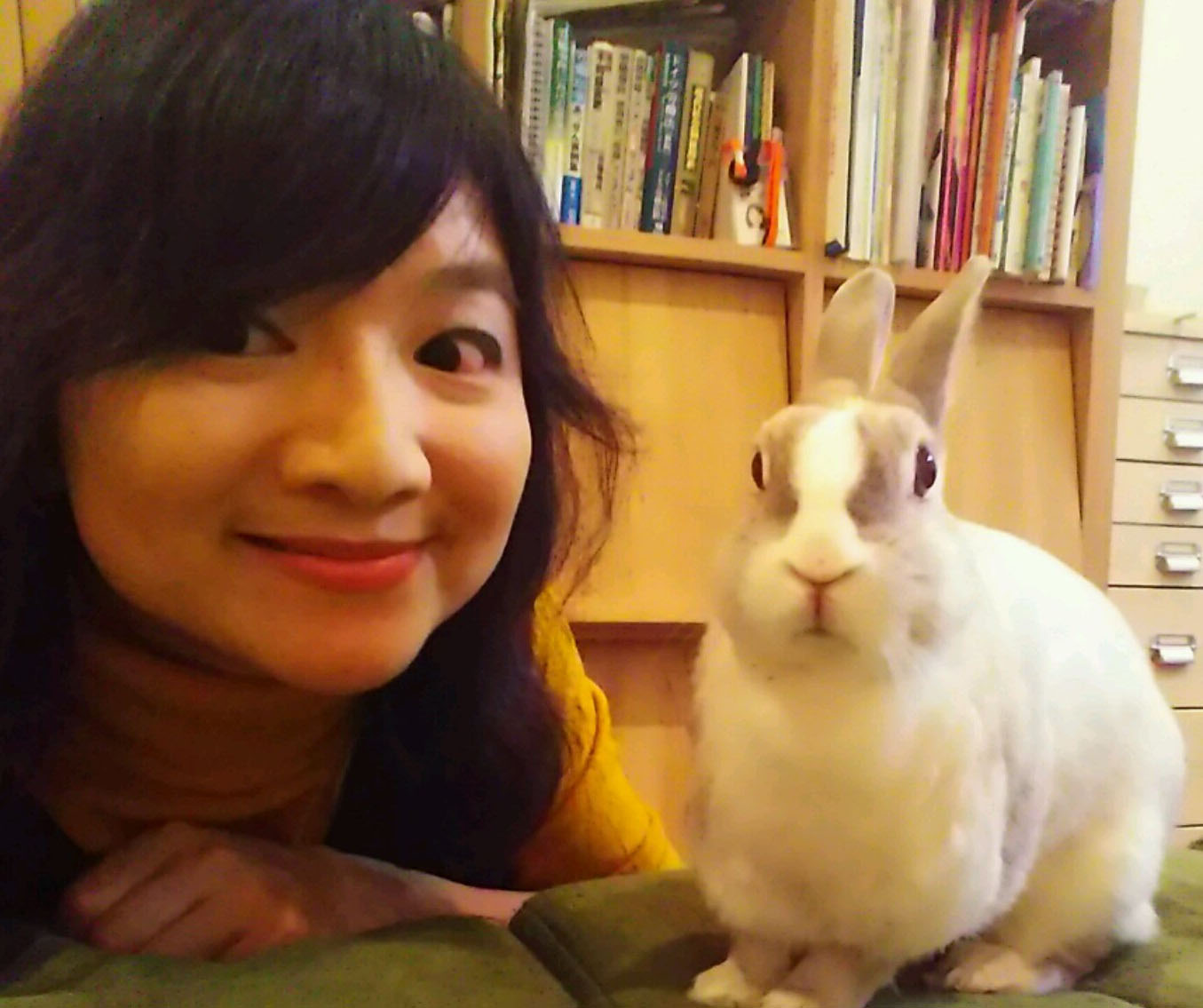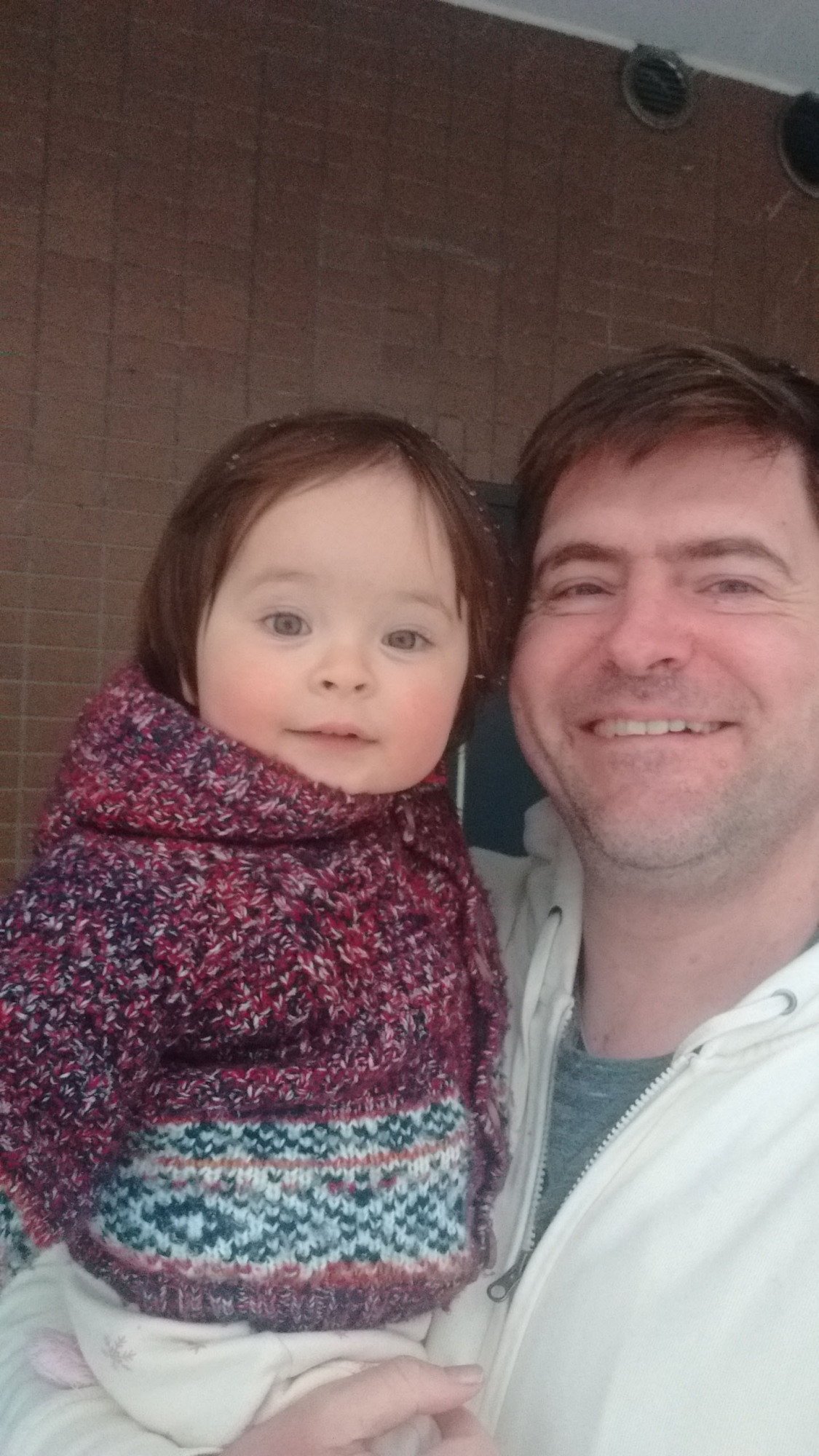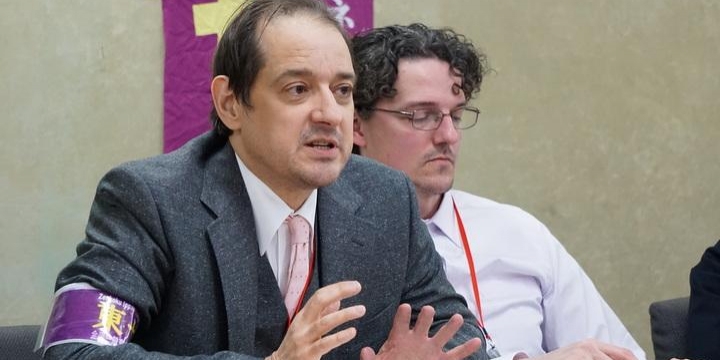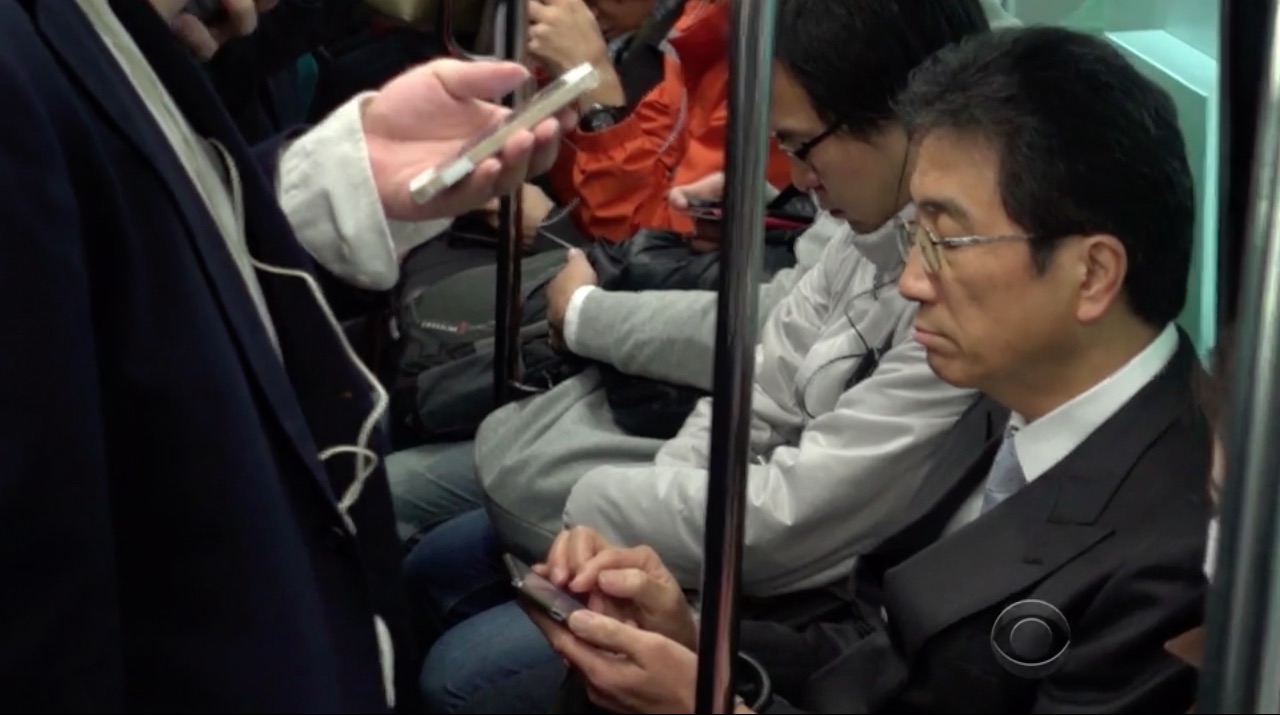Flabbergasted. That was my feeling last week reading the news of an example of brazen institutional […]
Lawmaker Mio Sugita of the ruling Liberal Democratic Party found herself embroiled in controversy when the […]
“You have the right to quit this company.” The heroine utters this line at the climax […]
The number of foreign nationals working in Japan reached its highest-ever level in October 2017 at […]
中央労働委員会は、2018年3月29日(木)に、東ゼン労組が文際学園を相手に不当労働行為の救済を申し立てた件について、東京都労働委員会の命令を支持するという判断を下した。
東ゼン労組は、2013年に同学園が組合活動である情宣活動を妨害したと、主張して東京都労働委員会に不当労働行為の救済を申し立てた。それに対して、都労委は2016年1月に、文際学園に妨害を阻止し、組合に謝罪するよう命令した。
Victory!
The Central Labor Relations Commission ruled on Thursday March 29th that Japan College of Foreign Languages (JCFL, a division of Bunsai Gakuen) had illegally interfered with Tozen Union’s leafleting actions in front of the school.
This month I will explore compassionate leave — called kibiki kyūka in Japanese — the days you take off after losing a close family member. I chose this topic because I recently suffered a string of painful losses. Please bear with me as I relate to you what has happened to my loved ones over the past couple months.
Do you remember my granny bunny? I told you about her and the need for pet loss leave exactly a year ago in my February 2017 column, “Japanese need to take more leave, starting with when beloved pets pass.” Readers from around the world wrote to me in response to that article, empathizing, expressing warm wishes, like “I wish I could have taken off work after I lost my hamster” and “I feel such sadness when I remember my cat’s death.”
The Japanese government wants to raise the number of fathers taking paternity leave from 2016’s 3 percent to 13 percent by 2020, but two recent court cases show how hard it can be for some fathers to take their legally mandated paternity leave — especially if difficult pregnancies complicate the situation before the child is born.
今年4月から適用がスタートする「無期転換ルール」。契約が反復更新され、通算5年を超えた場合、労働者は希望すれば、有期雇用から期間の定めのない労働契約(無期雇用)に転換できるというものだ(労働契約法)。
Years after losing his son, Itsuo Sekigawa is still in shock, grief-stricken and angry. Straight out of college in 2009, his son Satoshi proudly joined a prestigious manufacturer, but within a year he was dead. Investigators said working extreme hours drove him to take his own life. The young engineer fell victim to the Japanese phenomenon of "karoshi," or death from overwork.





